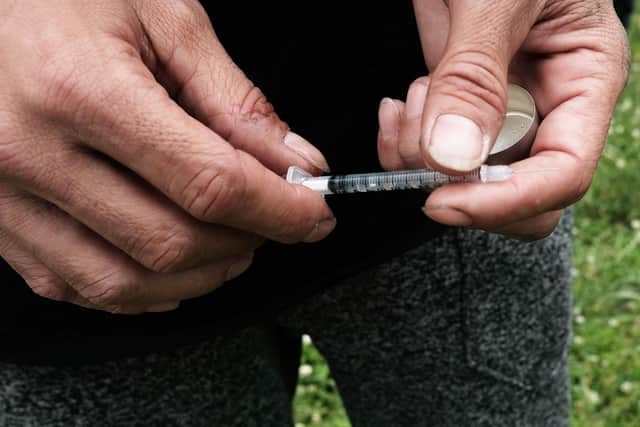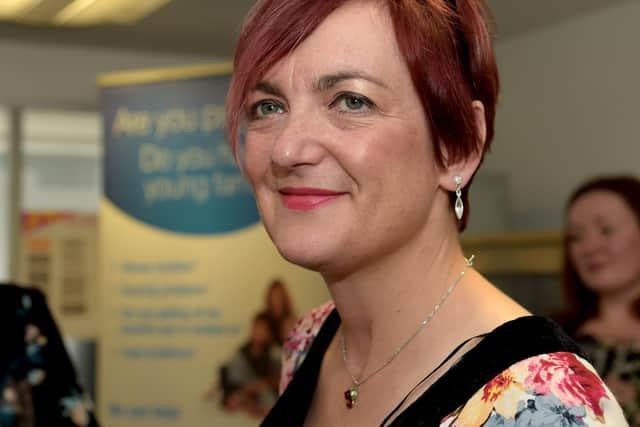Confidence in Scottish Government delivering on reducing drug deaths dwindles due to lack of action, says campaigner
Peter Krykant, Cranstoun project lead, said recommendations in the newly published Scottish Drug Death Taskforce report could have been implemented "years ago” as he stressed the voices of people going through drug addiction must be at the centre of policy design and delivery.
His comments come as the taskforce published its final report after three years of work examining how to deal with Scotland’s drug death crisis.


Advertisement
Hide AdAdvertisement
Hide AdAimed at tackling the nation’s drug-related deaths, which is the highest rate in Europe, the report states the approach to drugs should move away from punishment towards care.
The taskforce’s chairman, former chief constable David Strang, said the report was a “message of hope”, adding: “Addiction is not a crime. You can’t punish people out of addiction.”
The report makes 20 recommendations and calls for 139 specific actions to be taken by the Scottish and UK governments, as well as other organisations.
Changes in the law are recommended, including legislation at a UK level for safe drug consumption rooms to go ahead.


Work on the first consumption rooms should begin soon, Mr Strang said, calling for an action plan from the Scottish Government within six months.
The drugs death taskforce was set up in 2019 after Scotland recorded more than 1,000 drug-related deaths a year for the first time. In 2020, 1,339 died from a drug overdose.
The report recommends fully implementing new Medical Assisted Treatment (MAT) standards - relating to opioid replacement drugs like methadone – across Scotland within two years, developing an extensive naloxone network and creating better outreach after non-fatal overdoses.
Mr Krykant, who examined supervised injections of heroin and cocaine via a consumption van he set up in Glasgow, said: “It’s been years in the coming, this report, and it’s regurgitating what’s been recommended before and those recommendations have not been implemented.”
